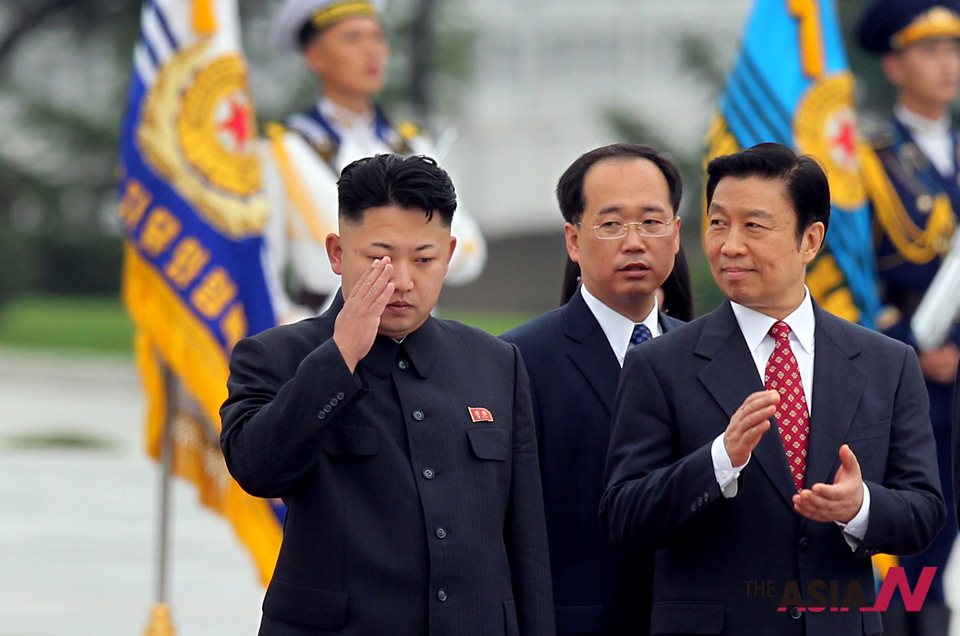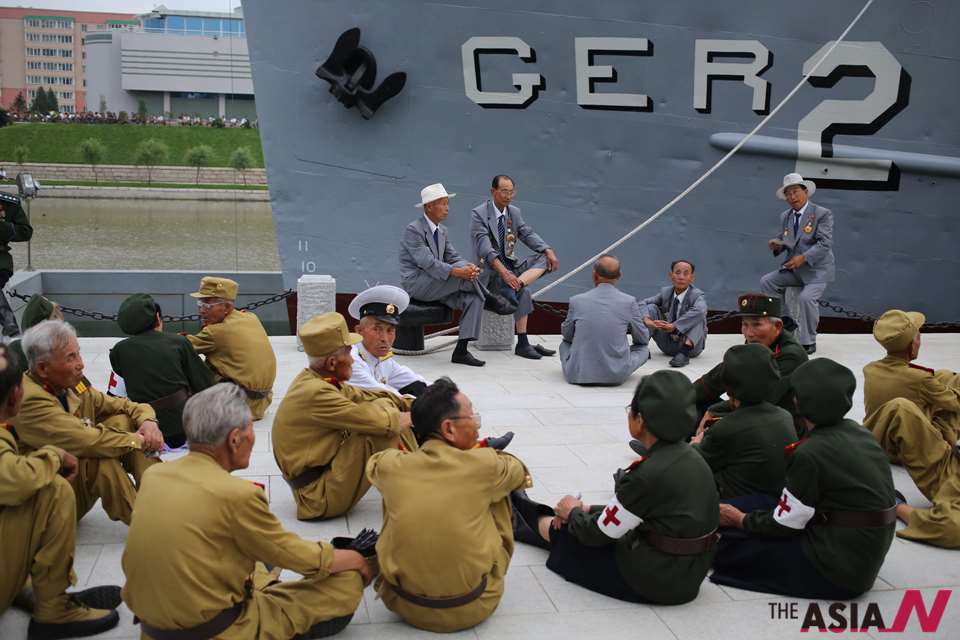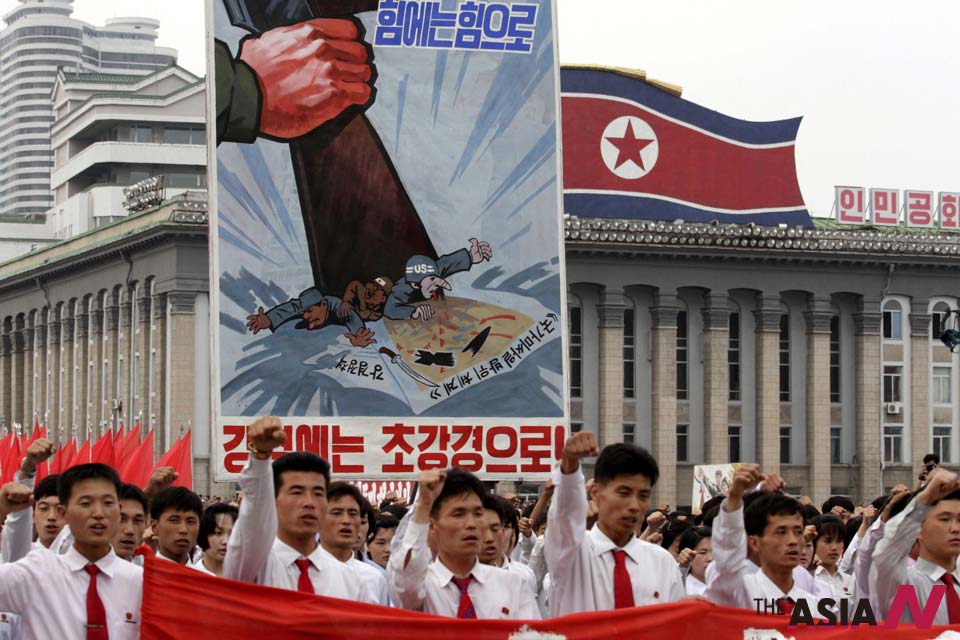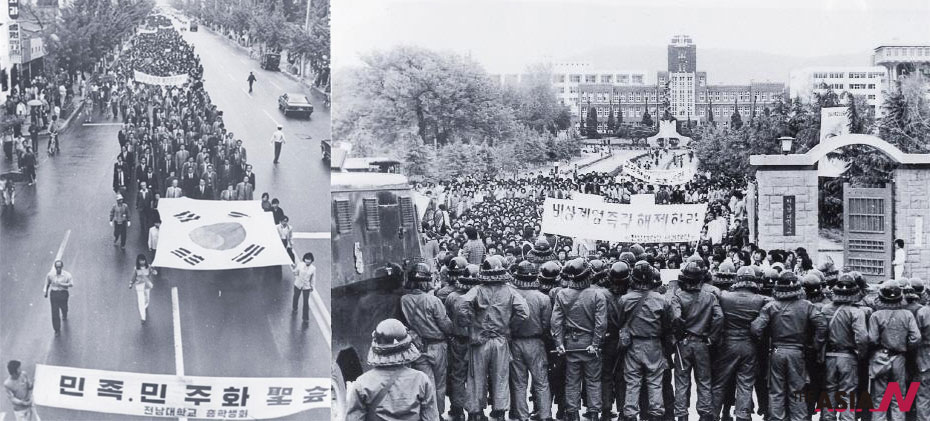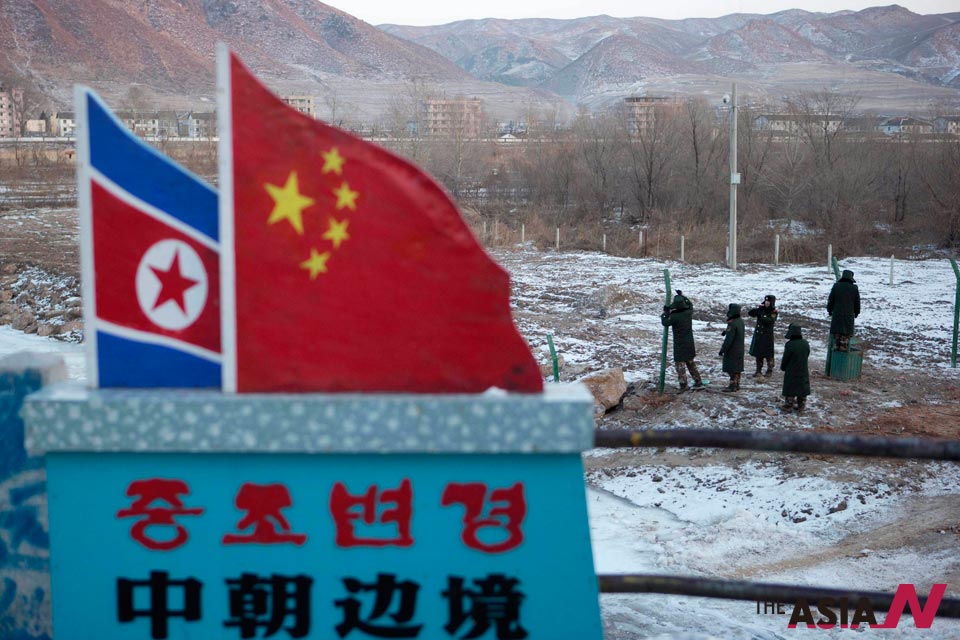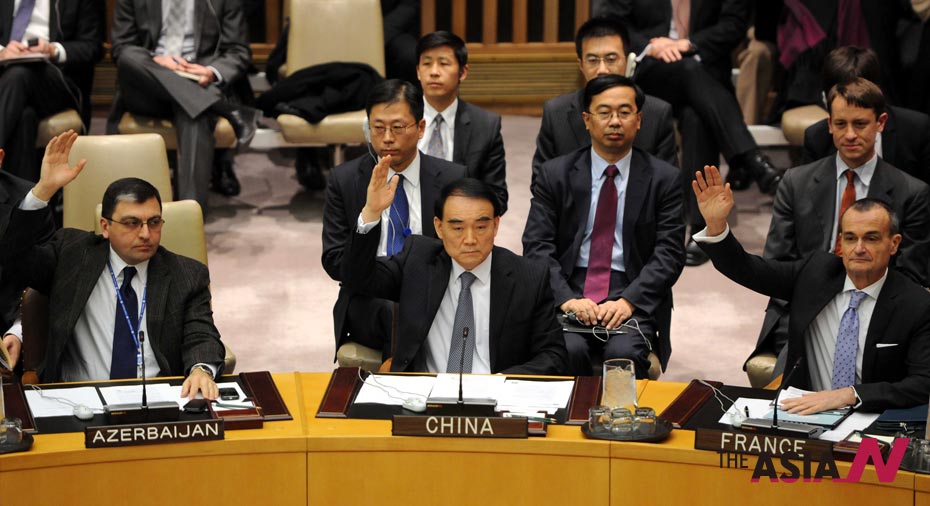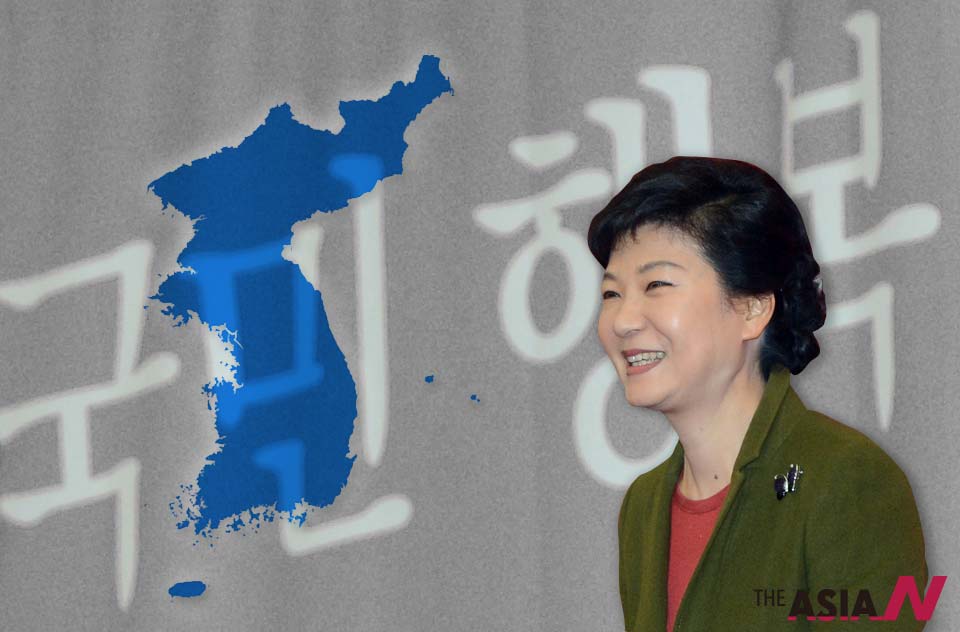Sad truth about N. Korean missiles
The political dust, which was created by North Korea’s successful rocket launch is beginning to settle. Predictably, there has been the usual amount of tough talk from Seoul, Washington and Tokyo as well as the somewhat half-hearted and muted condemnation from Moscow and Beijing.
The North Korean government is celebrating and showering its engineers and scientists with awards and honorary titles, while also insisting that its missile program will continue ― no surprise there either.
It is an open secret that rockets for launching satellites into space are nearly identical to long-range missiles used to send warheads to faraway countries. Admittedly, there are some differences as well. For example, in order to develop credible intercontinental ballistic missile (ICBM) capability, North Korea will have to develop and test a reliable re-entry vehicle to protect the warhead from burning up on re-entry.
It will have to do some work on guidance systems and it will have to conduct many launches to test these systems. Finally, yet importantly, North Korea must greatly cut down the time necessary to prepare a missile for launch, and find ways to hide and protect them from the preying cameras of U.S. satellites and drones.
All these tasks are difficult and time consuming but it is clear that in December 2012 North Korea successfully made the most important and difficult step in acquiring a full-scale, working ICBM.
What does North Korea want to achieve by putting a rocket into space? It seems that its main objectives are the basic interests of the North Korean state in general: security and food.
First, the North Koreans need ICBMs for security. They saw what happened in Afghanistan and Iraq, two states that attracted the ire of the United States, and they do not want to suffer the same fate. They assume that a country with nuclear and ICBM capabilities, however small, is unlikely to be attacked even by the greatest military power.
The North Koreans also need ICBMs for another goal: rocket launches and nuclear tests are an important and efficient way to squeeze aid from the outside world. It suffices to remember what happened back in the early 1990s, when the North began to arrange leaks about its nuclear program (then still in its infancy). The immediate reaction of the U.S. and the international community was outrage and tough talk.
It soon became clear that a military operation would be very costly and sanctions would yield few results. So a compromise was struck. In exchange for freezing its nuclear program, North Korea received a large aid package. This agreement remained valid until 2002 and helped the North Korean government to stay afloat in the late 1990s when the country’s economy approached collapse.
There is little doubt that the immediate reaction from Washington and other world capitals at this time will be outrage, and possibly attempts to further tighten sanctions. But in due course it will become clear that sanctions are not going to produce much impact, and therefore negotiations and compromise will yet again become the only option.
This will not happen in the next few months but if North Korea continues with more missile launches and nuclear tests (uranium tests in particular) it will eventually become clear that there is no alternative to compromise ― short of a full-scale military invasion.
However, one should not be too naive nor optimistic. The North may indeed promise to freeze its missile and nuclear programs but is unlikely to dismantle them. They need nukes and missiles for security and it is not going to surrender them for any price.
Recent events in Libya once again confirmed that such a position makes sense, like it or not. In the years 2003-04, a number of American diplomats said that North Korea should learn from Libya and do what Colonel Gaddafi did, swapping its nuclear program for preferential access to Western markets.
There is little doubt that North Korean decision makers have indeed learnt from Libya: they think that no foreign power would have dared to provide anti-Gaddafi revolutionaries with indirect or direct assistance had the eccentric colonel still kept some nuclear weapons in reserve.
North Korea has therefore become a de-facto nuclear power and is gradually becoming an ICBM power as well. These developments can be stopped temporarily through negotiations and deals (as long as Washington and other interested parties are willing to pay a hefty price) but cannot be reversed.
As long as the Kim family regime stays in power, the world will have to live with a nuclear and ICBM armed North Korea.



